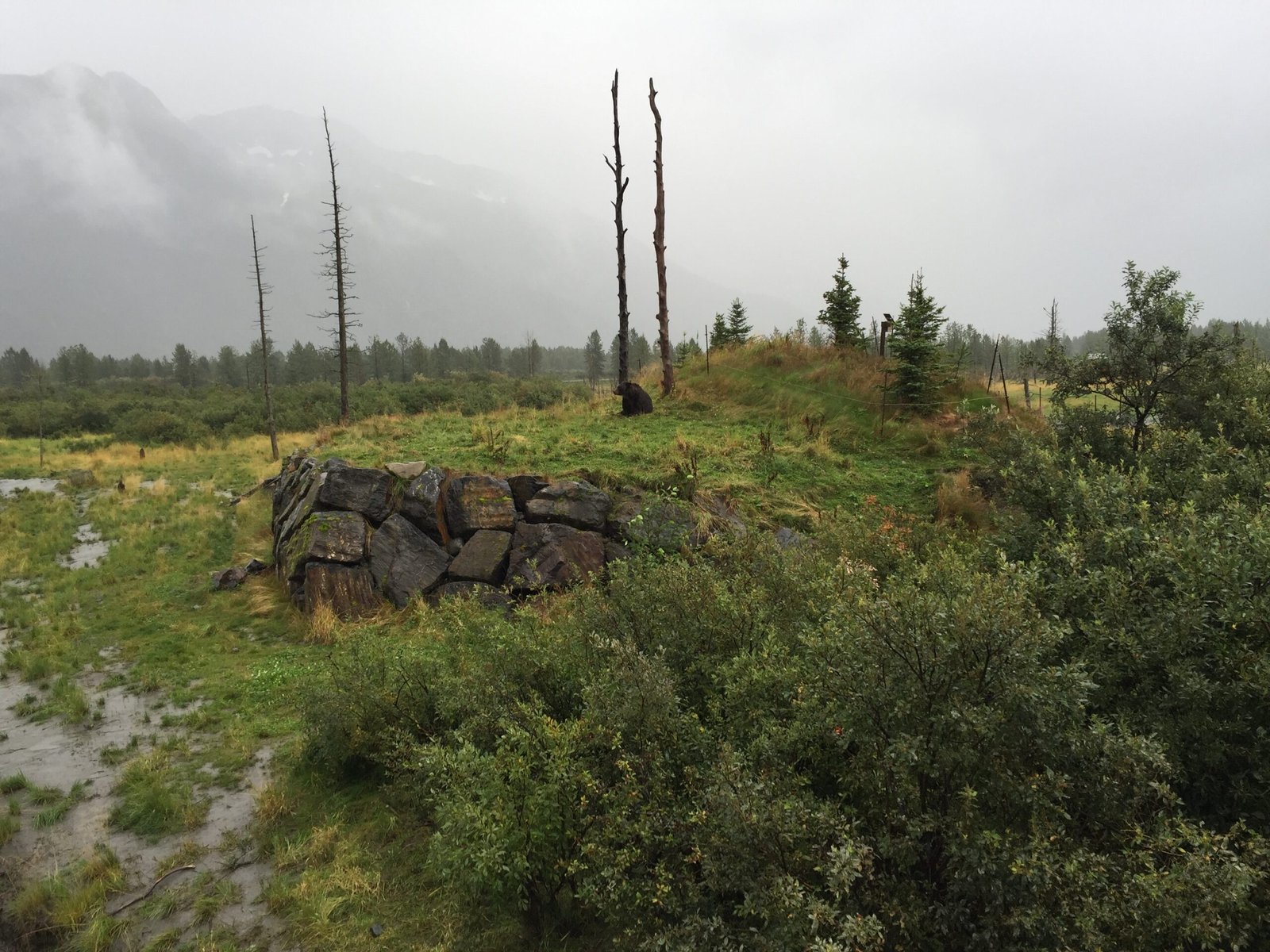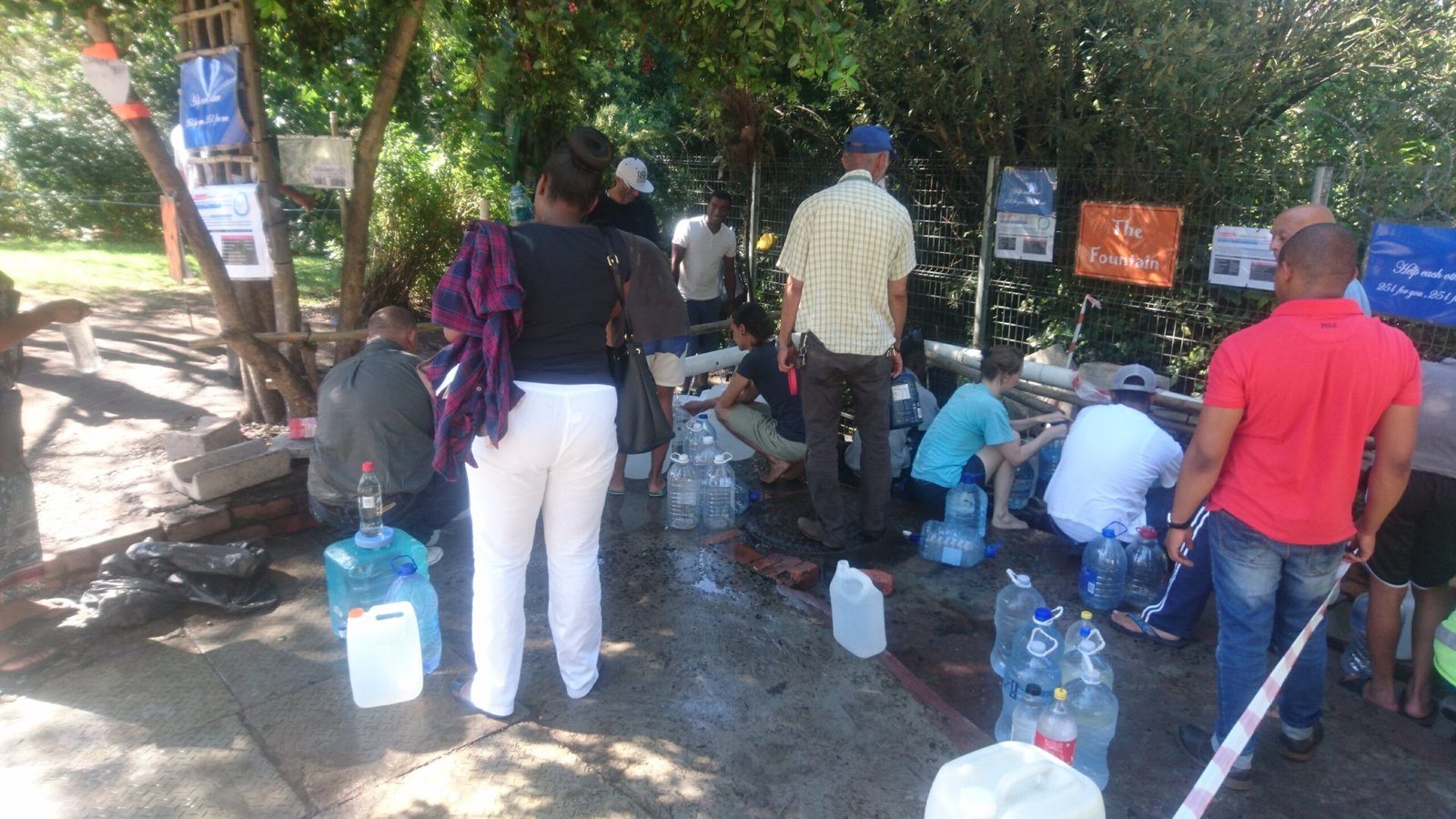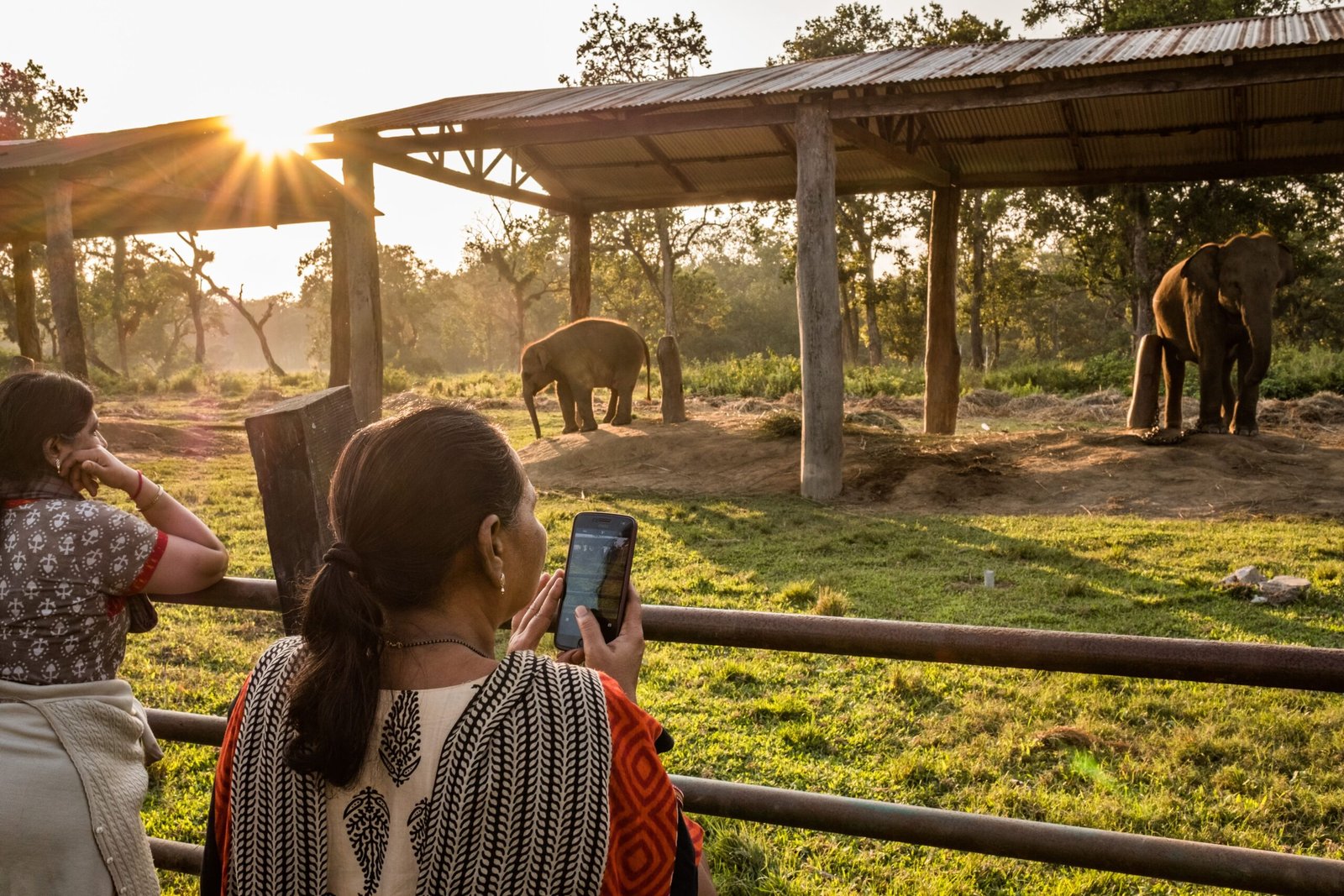Imagine gliding through borders without a single checkpoint, your passport tucked safely away, as trains and planes crisscross a continent seamlessly. It feels like freedom. Yet, beneath this sense of unity and convenience, a hidden story unfolds—one that rarely makes headlines. The surge in passport-free travel is transforming not just our social and economic landscapes, but the natural world as well. Every journey leaves a mark, and the environmental consequences, though invisible to most travelers, are profound, complex, and sometimes shocking. As we celebrate open borders, are we overlooking the very real toll on our planet?
The Allure of Open Borders
The dream of traveling without border controls is more than a modern luxury—it’s a symbol of progress and global unity. Regions like the European Schengen Area have made it possible for millions to move freely, fueling cultural exchange and economic growth. For many, the ease of hopping from Paris to Berlin or Rome to Madrid feels like a miracle of modern cooperation. However, what often goes unnoticed is the environmental price of this new mobility. The absence of border checks doesn’t just erase lines on a map; it also removes barriers to mass movement, multiplying journeys that were once rare. As more people take advantage of this freedom, the natural world feels the weight.
Skyrocketing Tourism and Its Ecological Footprint
Passport-free travel has ignited a tourism boom. Cities that were once quiet now overflow with visitors, and pristine natural areas are suddenly teeming with hikers, campers, and adventurers. While local economies thrive, nature often pays the price. Increased foot traffic erodes trails, disturbs wildlife, and leaves behind mountains of litter. The carbon emissions from additional flights, buses, and trains add up quickly, overshadowing the benefits of green travel initiatives. Fragile ecosystems, from alpine meadows to coastal dunes, struggle to recover from the constant influx of outsiders. It’s a paradox: the easier it becomes to visit nature, the harder it is for nature to survive.
Transportation Emissions on the Rise
When borders vanish, so do many of the logistical hurdles that once limited long-distance travel. Low-cost airlines, high-speed rail, and buses have proliferated in response to demand. This surge in mobility comes at a steep price. Aviation is a major source of greenhouse gases, with each flight releasing tons of carbon dioxide into the atmosphere. Even trains and buses, often marketed as eco-friendly, leave a significant carbon footprint when used at scale. The cumulative effect is startling: passport-free zones have seen a measurable uptick in transportation-related emissions, counteracting efforts to curb climate change. Every ticket sold is a small but significant addition to the planet’s burden.
Overtourism and Strained Local Resources
With unrestricted travel, some destinations have become victims of their own popularity. Venice, for example, now faces daily invasions of tourists, overwhelming its narrow streets and fragile infrastructure. The spike in visitors puts immense pressure on water supplies, waste management systems, and public transport. Local wildlife is displaced, while pollution and noise threaten both human and animal residents. Authorities struggle to strike a balance between welcoming guests and protecting their unique environments. As passport-free travel continues to grow, more places are forced to grapple with the challenges of overtourism, often with limited resources and little time to adapt.
Wildlife Disruption and Habitat Loss

Increased human movement doesn’t just affect cities and towns; it ripples out into forests, mountains, and wetlands. Passport-free travel opens up remote areas that were once difficult to access. This newfound accessibility can spell disaster for wildlife. Animals may be forced to alter their migration routes, abandon nesting sites, or face increased risk from vehicles and litter. Sensitive habitats, such as nesting beaches for sea turtles or alpine zones for rare birds, can be destroyed by even modest levels of human activity. The loss of these habitats is often permanent, with cascading effects on entire ecosystems.
Waste and Pollution in Popular Destinations

As traveler numbers swell, so does the problem of waste. From discarded plastic bottles to overflowing bins, the evidence of our journeys is everywhere. Passport-free travel makes it easy for people to visit multiple destinations in a single trip, spreading the impact far and wide. Small towns and rural areas, unaccustomed to large crowds, often lack the infrastructure to manage this sudden influx of garbage. Rivers and lakes become polluted, and microplastics seep into the soil and water. The result is a silent crisis that threatens both human health and the planet’s natural systems.
The Hidden Water Crisis

Tourism’s appetite for water is immense. Hotels, resorts, and restaurants consume vast quantities to keep guests comfortable and satisfied. In passport-free regions, the rush of visitors can quickly outstrip local supplies. This is especially true in areas already prone to drought or with limited freshwater resources. Farmers compete with the hospitality industry for access, and ecosystems suffer as rivers and lakes are drained to meet human needs. The consequences are visible in places like southern Spain, where water shortages are now a regular part of life, fueled in part by relentless waves of tourism.
Noise Pollution and Its Effects on Nature

The joyful noise of travelers—cars, buses, laughter, and music—may seem harmless, but for wildlife, it can be devastating. Many animals rely on sound to communicate, find food, or avoid danger. The constant hum of human activity disrupts these vital behaviors. Birds may abandon their nests, and mammals might change their feeding patterns to avoid busy times. In mountain valleys and coastal cliffs, the echo of engines and voices carries far, reaching places once thought to be safe refuges. Over time, this sonic intrusion can lead to a decline in species that are particularly sensitive to noise.
Climate Change Acceleration
Passport-free travel is undeniably linked to a rise in carbon emissions, but its effects go beyond that. Increased travel encourages more consumption—more goods transported, more energy used in hotels and attractions, more waste produced. All these factors contribute to global warming. As temperatures rise, the very landscapes that draw visitors—glaciers, coral reefs, ancient forests—face unprecedented threats. In a cruel twist, the desire to experience these wonders may be hastening their disappearance. The cycle becomes self-reinforcing, with climate change driving people to travel more while that travel, in turn, accelerates climate change.
Challenges for Conservation Efforts

Conservationists face a daunting task in the age of passport-free travel. Protecting nature becomes exponentially harder when visitor numbers skyrocket. Traditional strategies, like restricted access and seasonal closures, are difficult to enforce when borders are open and information is freely available online. Local authorities may lack the funding or political will to impose tough regulations on tourism. Meanwhile, conservation groups struggle to raise awareness about the impacts of unchecked travel. The fight to preserve biodiversity becomes a race against time, with ecosystems losing ground as visitor pressures mount.
Can Sustainable Travel Solutions Keep Up?
The promise of eco-tourism and green travel is alluring, but can these solutions truly counteract the environmental costs of passport-free movement? Efforts like carbon offset programs, eco-friendly accommodations, and low-impact tours are a step in the right direction. However, their impact is often dwarfed by the sheer scale of modern travel. For real change, both travelers and policymakers must rethink their priorities. Limiting unnecessary trips, supporting local conservation projects, and respecting fragile environments are essential. Without collective action, the convenience of open borders could come at an irreversible cost to the planet.
The Road Ahead
The freedom to travel without borders is a marvel of our age, but it’s not without consequences. Every journey we take leaves a trace, however invisible it may seem. As we celebrate the wonders of the world, it’s crucial to remember what’s at stake. The choices we make today will shape the future of the places we love—and the planet as a whole. Will we find new ways to balance our desire for exploration with our duty to protect the Earth?



